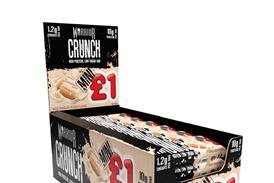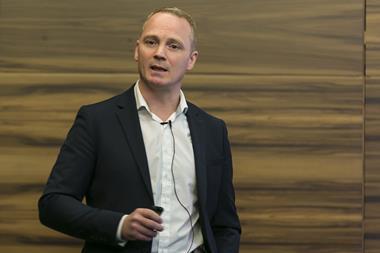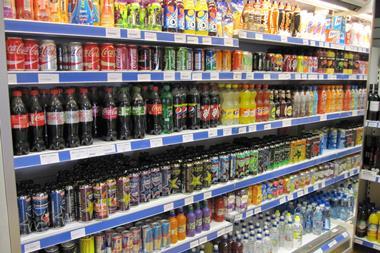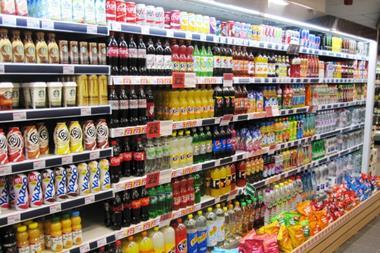New research has revealed a “huge misunderstanding” about the proposed sugar tax, with the vast majority of shoppers incorrectly thinking it applies to more products than just soft drinks.
In a survey of 540 shoppers conducted by Nielsen, not one respondent correctly identified that the tax only applies to soft drinks.
Two-thirds of respondents incorrectly think it applies to sweets/sugared confectionery, 59% mistakenly cited chocolate and a similar proportion said biscuits (57%) and cakes (56%). More than one in four (28%) don’t think it applies to soft drinks – the category it’s solely meant for.
“Currently, there’s a huge misunderstanding about what products the sugar tax affects, so when it comes in, the government, manufacturers and retailers have an enormous education job on their hands to avoid unforeseen consequences beyond fizzy drinks,” said Sophie Jones, senior shopper analytics consultant at Nielsen.
“Most notably, in high-sugar categories where shoppers incorrectly think prices have gone up or, indeed, any other category where people may offset the higher price of fizzy drinks by buying less of other things.”
In terms of how a soft drinks tax would affect people’s behaviour, only 36% said they would either buy less soft drinks or stop buying them. However, it is more likely to affect younger soft drink consumers: 41% of 18-34 year olds said they would buy less or stop buying soft drinks, compared to 35% of 35-54 year olds and 32% of people 55+.
The soft drinks levy is due to come into effect in April 2018. Under the levy, drinks containing more than 8g of added sugar per 100ml will be taxed at 24p per litre; and those with 5-8g of sugar per 100ml will be taxed at 18p per litre. Products with less than 5g of added sugar are exempt, along with fruit juices, products without added sugar, and dairy-based drinks.


















1 Readers' comment